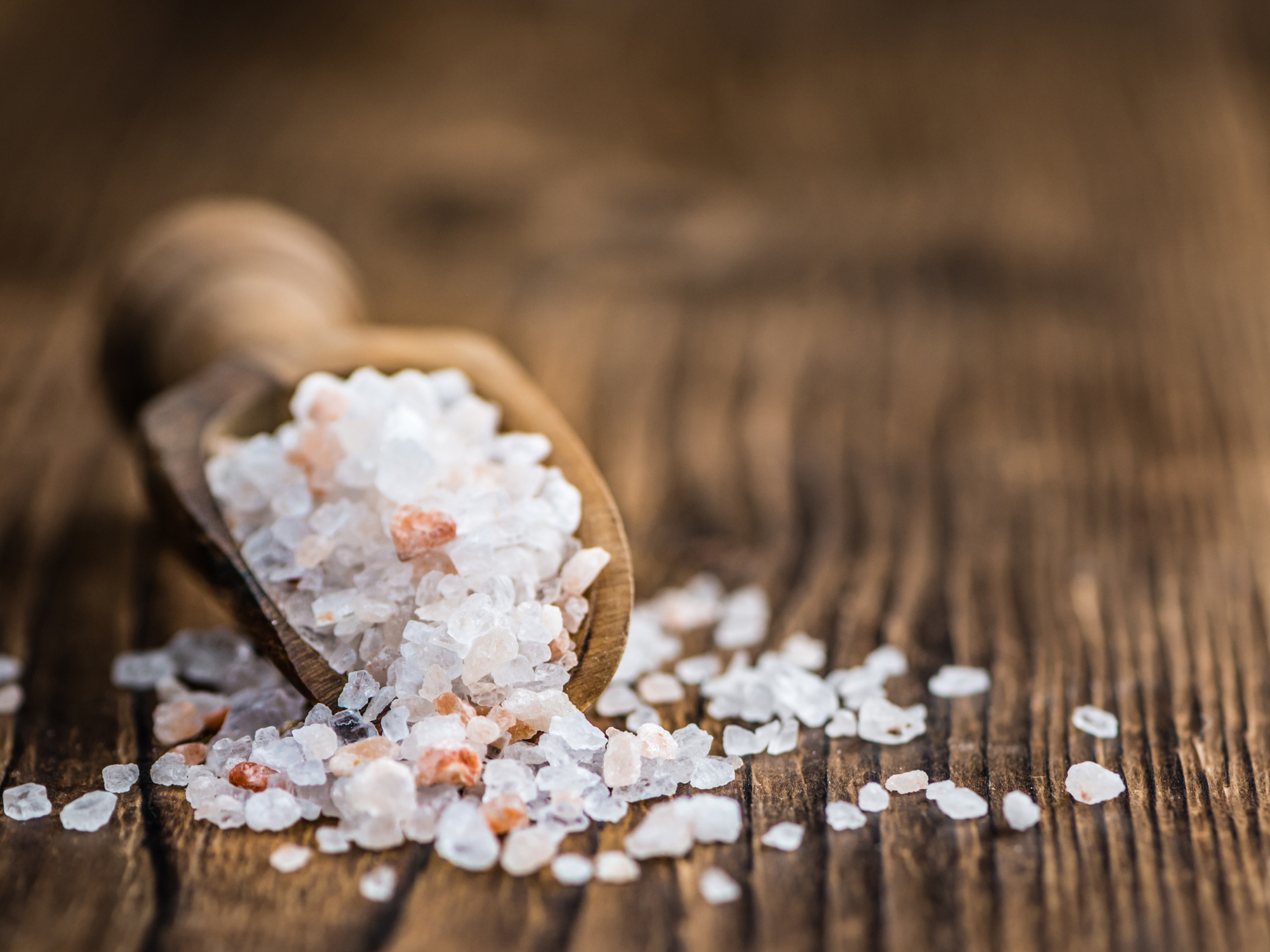New research has suggested thousands of strokes and heart attacks could be prevented each year, if UK diners were to replace salt with a common, low-sodium substitute.
A study of over 20,000 people living within rural China involved willing participants with a history of stoke; or who were over 60-years of age and live with high blood pressure levels.
A number of individuals continued to consume salt as part of their normal day to day diet, while others began using a substitute.
According to the findings published by the New England Journal of Medicine, there were over 24-events per 1000-person years of stroke for those on the substitute, compared to the higher 33.65-events for those consuming regular salt.
There was also a 5-event difference for heart attacks within the same study.
Professor Paul Elliott, Chair in Epidemiology and Public Health Medicine at Imperial College London and senior author of the new research paper, said: “The link between too much salt in your diet and raised blood pressure is well established, and we know that high blood pressure increases the risk of cardiovascular disease.
“What we didn’t know, before this study, was the measurable health impacts on cardiovascular disease events such as strokes and heart disease of switching out traditional table salt for a reduced-sodium, added-potassium alternative.
The study found using a reduced-sodium substitute for cooking and seasoning foods, individuals would see a quantifiable improvement on their health and could find they reduce the risk of cardiovascular disease events and early deaths.
Another positive, there was no indication from the added levels of potassium in the diet from the salt substitute.
Professor Neal added: “This is quite simply the single most worthwhile piece of research I’ve ever been involved with. Switching table salt to salt substitute is a highly feasible and low-cost opportunity to have a massive global health benefit.”

